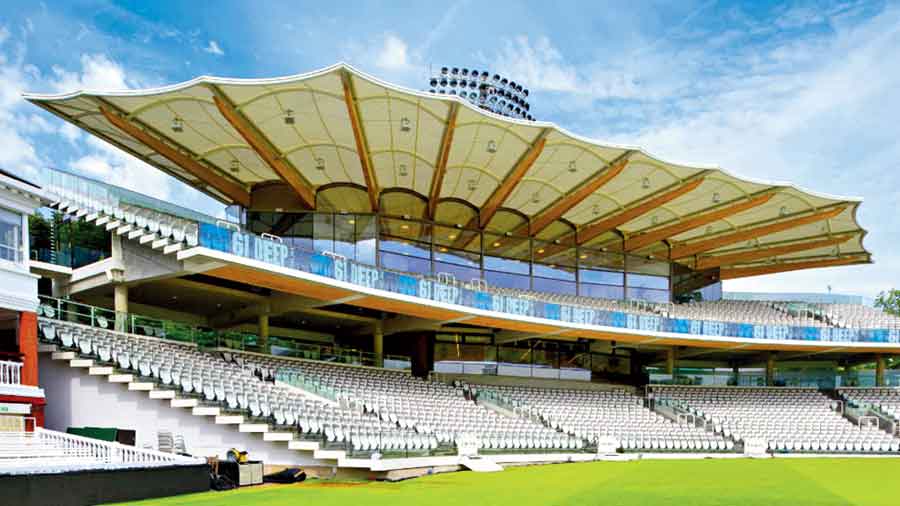As the second India-England Test gets under way at Lord’s on Thursday, the corporate hospitality boxes in the Pelham Warner stand will be full of rich Indians quaffing champagne and hoping Virat Kohli doesn’t go yet again for a golden duck.
And, yes, the Pelham Warner stand, named after “the grand old man of English cricket”, will not change its name, the Marylebone Cricket Club has decided after an inquiry examined his family’s very profitable links with the slave trade.
Nor will portraits of Sir Pelham Warner, a crucial figure in the history of English cricket, be removed and consigned to the MCC museum.
Given England’s deep cricketing links with the West Indies, the MCC has been examining the history of some of its great cricketers and administrators in the light of the Black Lives Matter movement trigged by the killing of George Floyd last year.
The MCC inquiry found basically that although Warner’s family was indeed steeped in the slave trade, he himself was born 70 years after the practice had been abolished — and that the sins of his forefathers could not be visited upon him.
Warner himself was not completely English, nor was he born in England. Pelham Francis Warner was born in Trinidad and Tobago, on October 2, 1873, to parents Charles William Warner — the attorney-general of Trinidad and Tobago — and Ellen Warner, nee Cadiz. Pelham was the youngest of Charles’s eighteen (or possibly 21) children.
He was the grandson of Colonel Edward Warner, the owner of two lucrative tobacco and sugar plantations — one in Trinidad named Woodford Dale, and another in Dominica named Hatton Garden. The family claimed compensation from the British government following the end of the slave trade.
Young Pelham certainly did benefit from the family’s wealth. He was sent to Rugby (Salman Rushdie’s old school, incidentally, where the author claimed to have been very unhappy) and then went to Oriel College, Oxford (which is currently agonising over whether it should remove the statue of its imperialist benefactor, Cecil Rhodes, from its façade).
Warner played 15 Test matches, captaining in 10 of them and regaining The Ashes in 1903-04, as well as captaining Middlesex to the County Championship title in 1920.
He was named Wisden Cricketer of the Year in 1904 and 1921, was chairman of selectors in the 1920s and 1930s, was manager during England’s notorious “Bodyline”
tour of Australia in 1932-33 (when the 8th Nawab of Pataudi was kicked out of the side by skipper Douglas Jardine), and was knighted for “services to cricket” in 1937. He died, aged 89, in 1963, having written 20 books on cricket. His granddaughter, Marina Warner, is a distinguished author.
Dr Richard Sargeant, an academic and former cricketer, said in June before the review concluded: “I’d ask how a black person is meant to feel when they go to Lord’s, the so-called home of cricket, and there is a stand named after a man whose family wealth was built on slavery?”
Speaking on Tuesday, the retired historian and sociologist, who taught at Wolverhampton University and the City of Wolverhampton College, told the Daily Telegraph: “This decision not to remove Warner or his name doesn’t surprise me in the least because the MCC is in part a child of colonialism and is embedded in colonialism. It reflects an awful kind of complacency.”
However, Michael Holding, the former West Indies Test cricketer, whose book on racism and sport, Why We Kneel, How We Rise, was published in June, was more forgiving.
He said: “I would not be crucifying family members for what happened 100 years ago. That aspect I don’t care about. The Warner Stand is named after him, but he was not someone actively involved in slavery. I have no problem with that.”











